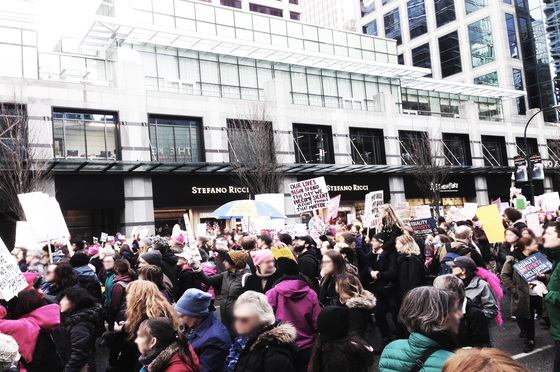The notion of critical advocate has immediate antecedents in critical theory—especially as advanced by sociologists such as Bourdieu (1991) and Foucault (1989), philosophers such as Marx and Engels (1967), and a number of literacy scholars addressing issues of race, class, gender, and inequities using critical discourse analyses and other tools to interrogate hegemonies (e.g., Alvermann, Commeyras, Young, Randall, & Hinson, 1997; Apple, 1988; Baker, & Luke, 1991; Comber & Simpson, 2000; Ellsworth, 1989; Enciso, 2004; Gee, 2015; Gilbert, & Taylor 991; hooks, 1994; Janks, 2010; Ladson-Billings & Tate, 1995; Luke, 1994; 2014; McLaren, 1989; Shannon, 1989; Shor, 1980; Sims, 1982;Willis, 1995). Critical advocacy is propelled by an effort to understand power and challenge hegemony. The advocacy requires one to counter discrimination, privilege, and selective/marginalizing representations of any and all groups and ideas. Accordingly, critical advocates interrogate the circumstances of our worlds through a lens that examines the politics and ideologies that govern them. The critical advocates seek to understand the political designs that undergird texts, people, and events, including how individuals and events are portrayed. Critical advocacy could be regarded as an aspect or off shoot of critical thinking (see Side comment III 5 a 1) but notably in a direction tied to political engagements. Arguably, elements included in discussions of critical thinking are foundational to the discernments needed for reflective considerations and well-reasoned judgments and thoughtful and deft actions and decision-making. Perhaps a key distinction may be differences in alignment. Whereas critical thinking often touts suspended judgement as a key disposition, critical theory is driven by ideological considerations.
...

